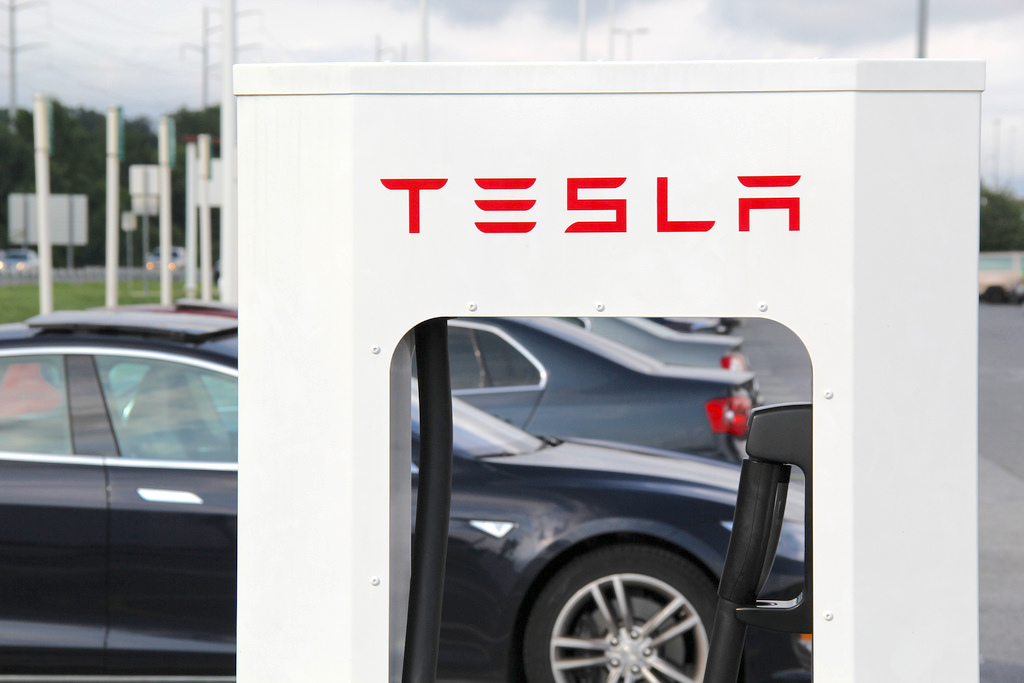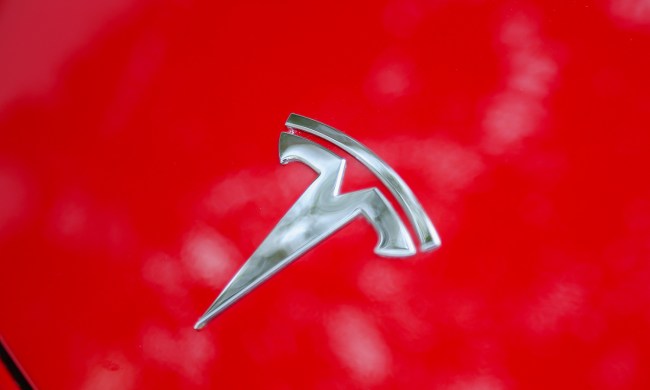Tesla founder Elon Musk promised last year that batteries in the company’s vehicles would eventually be able to run for 1 million miles over the course of their life span — and now researchers have some details on how they plan to make million-mile EV batteries a reality.
Details about the upcoming Tesla batteries were published in The Journal of the Electrochemical Society earlier this month by researchers from Canada’s Dalhousie University who work exclusively with the company, according to Wired. The paper describes a lithium-ion battery than can last for a million miles — roughly double the life span of current Tesla batteries — while losing less than 10% of its energy capacity over the course of its lifetime. A traditional car battery lasts only about 50,000 miles, though it’s not powering the entire vehicle like an EV’s battery would.
According to the paper, researchers conducted three years of testing on the batteries in all kinds of conditions.
“Tests include long-term charge-discharge cycling at 20, 40 and 55°C, long-term storage at 20, 40 and 55°C, and high-precision coulometry at 40°C,” reads the paper.

The batteries are expected to lose 10% of their energy capacity during their lifetime, a modest amount for a lithium-ion battery.
The lithium-ion batteries discussed in the Journal use many of the same materials found in existing lithium-ion batteries in vehicles, but optimized in a way that gives them a significant performance boost.
One of the big differences between the higher-performance batteries and ones currently on the market is the nanostructure of the battery’s cathode. The higher-performance battery uses a larger cathode design, which makes it less likely to develop cracks that can impact performance while it’s charging.
Shortly after the paper was published, Tesla received a patent for a battery similar to the one described in the paper; however, one that is expected to have even better performance than the one described in the Journal.
Earlier this year Tesla purchased battery development company Maxwell Technologies.
At the time of that acquisition, Tesla said “We are always looking for potential acquisitions that make sense for the business and support Tesla’s mission to accelerate the world’s transition to sustainable energy.”.
Maxwell echoed Tesla’s statement, adding that the tie-up offers its investors, “the opportunity to participate in Tesla’s mission of accelerating the advent of sustainable transport and energy.”
Beyond being used in consumer vehicles, the new batteries could become useful in things like long-haul trucks, which drive significantly more miles than the average family car.



